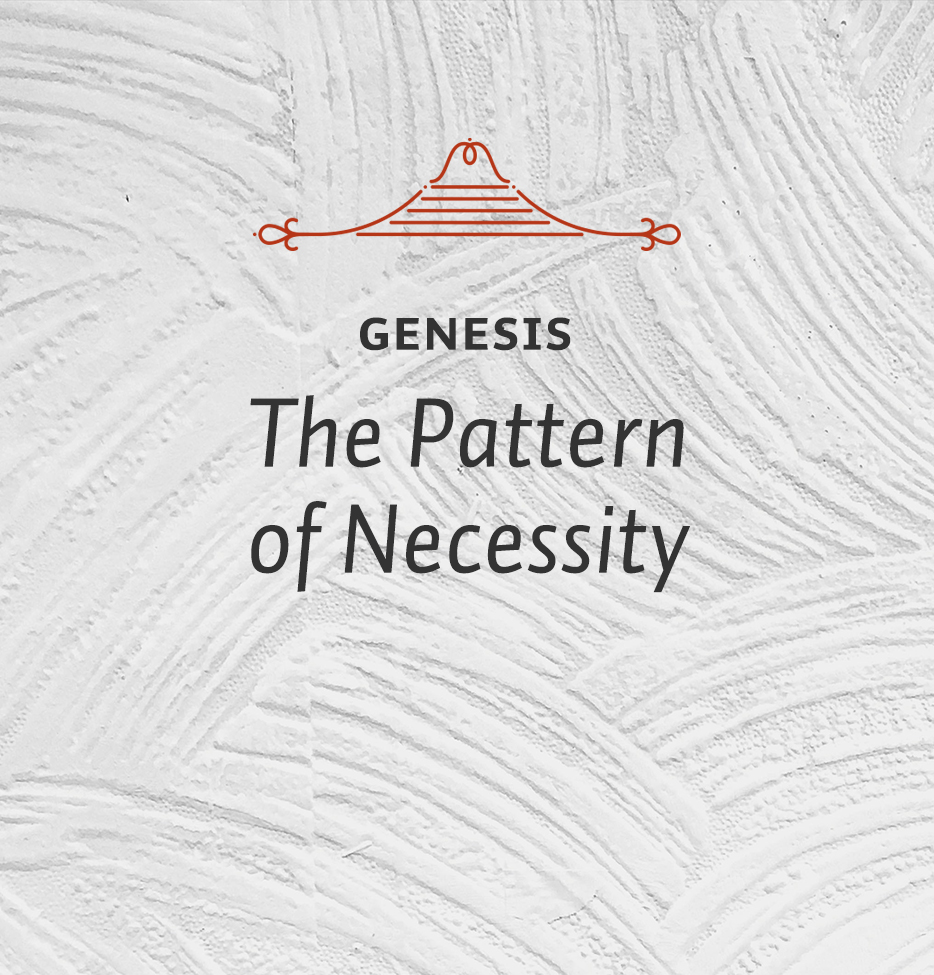The third kind of necessity God imposed upon Joseph’s father and brothers was circumstances—just the way things were. This is seen in Jacob’s protest against Judah’s insistence that he could not go down to Egypt again unless Benjamin was brought along. He asked, “Why did you bring this trouble on me by telling the man you had another brother?” (v. 6). This was a petty and unreasonable protest, for, as the brothers all pointed out, no one could have anticipated the prime minister’s demand. “The man questioned us closely about ourselves and our family. ‘Is your father still living?’ he asked us. ‘Do you have another brother?’ We simply answered his questions. How were we to know he would say, ‘Bring your brother down here’?” (v. 8). It did not matter in the slightest how this situation had come about. These were the circumstances, and they had to be dealt with as they were. They were inescapable.
So also with many of the circumstances of our lives. We may chafe under them, but our restlessness and protest will accomplish nothing. God uses them to change us and sometimes ferret out problems in our lives.
Does the pattern of necessity that God imposes on His people really bring changes? It did in this story. We see two changes: first, in Judah, and second, in the patriarch Jacob himself.
The change in Judah was an important one, similar to the change already noted in his brother Reuben in the previous chapter. When Jacob had refused to allow Benjamin to go to Egypt with the others, Reuben had intervened to pledge his own sons as security: “You may put both of my sons to death if I do not bring him back to you. Entrust him to my care, and I will bring him back” (Gen. 42:37). This was extravagant; Jacob would never have killed Reuben’s sons. But the sentiment behind the pledge was nevertheless sincere.
This is the same concern for Benjamin now seen in Judah’s remarks. He says, “Send the boy along with me and we will go at once, so that we and you and our children may live and not die. I myself will guarantee his safety; so you can hold me personally responsible for him. If I do not bring him back to you and set him here before you, I will bear the blame before you all my life” (Gen. 43:8-9). Before this Judah had been hard and self-centered. Now he is beginning to soften. For the first time in his life he has made someone else’s happiness more important than his own.
It is significant that he will later lead the plea for Benjamin’s life and freedom after Benjamin is accused of having taken the cup of Joseph which was found in his sack (Gen. 43:16-34). The greatest changes of all were in Jacob. Earlier in the story he had refused to face necessity, saying that he would never allow Benjamin to be taken down to Egypt. He had even complained petulantly, “Everything is against me. Why did you bring this trouble on me by telling the man you had another brother?” (Gen. 42:36; 43:6). Jacob was wrestling against God again as he once did on the banks of the Jabbok on the border of Esau’s territory.
But Jacob had learned his lesson then, and the lesson of those earlier days now came back to him as he faced up to these God-ordained necessities.






